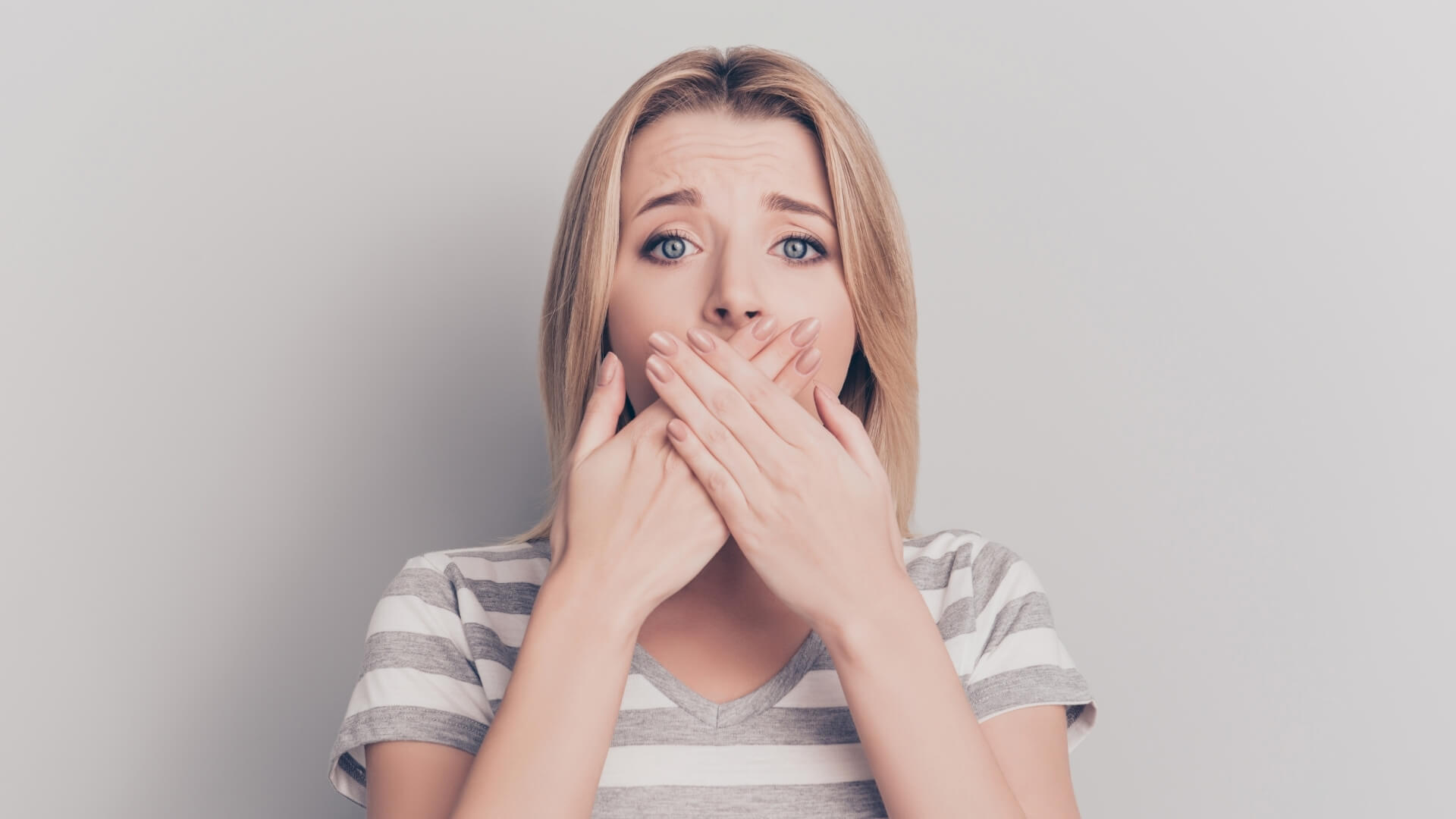Have you ever wondered how long the effects of espresso actually last in your body?
I know that you are busy so the short answer is:
It takes around 8-10 hours to drop the caffeine from your system
In this article, we’ll dive into the science behind how espresso affects your body, how long you can expect to feel its effects, and offer some tips to help you manage your caffeine intake and avoid becoming the human equivalent of a hummingbird on steroids.
How Long Does Espresso Last In Your Body
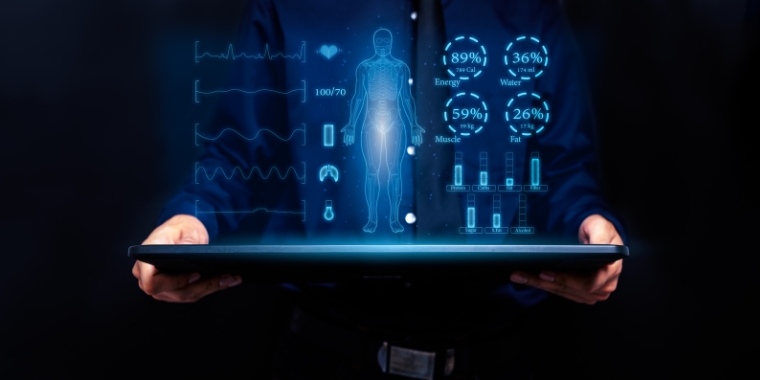
How Long Does One Shot Of Espresso Last
When you take a shot of espresso containing 75mg of caffeine, it’s like a little army marching through your bloodstream.
The caffeine concentration will reach its peak in just 15-45 minutes, and then the army will start to retreat.
But be warned, it’s not a quick retreat!
According to the Institute of Medicine, it takes about 4-6 hours to drop half of that caffeine.
Yet it’s important to point out that the half-life can range anywhere from 1.5 to 9.5 hours. So make sure you’re prepared for a long battle with the bean!
How long does it take for caffeine to completely leave your system?
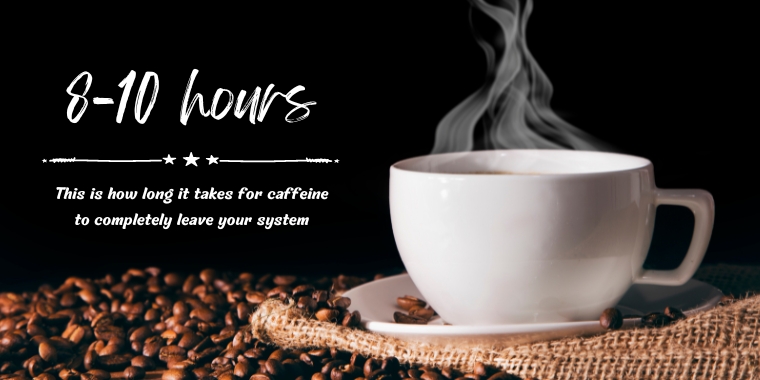
On average it takes around 8-10 hours for caffeine to fully get rid of your system (and in some edge cases it may take as long as 19 hours!)
It’s worth noting that the amount of caffeine in a shot of espresso can vary depending on the preparation method and the size of the shot. So if you are wondering how long does double-shot espresso last – it definitely lasts longer than a single shot.
Additionally, consuming multiple shots of espresso over a short period of time can prolong the effects of caffeine in the body and lead to higher levels of caffeine in the bloodstream.
Summary
According to the Institute of Medicine, consuming a single shot of espresso with approximately 75mg of caffeine can take around 4-6 hours for the body to eliminate half of that caffeine, and on average it takes around 10 hours to drop all the caffeine
But have you ever wondered what happens to that caffeine once it enters your body?
How Espresso Affects Your Body: Caffeine Processing and Elimination
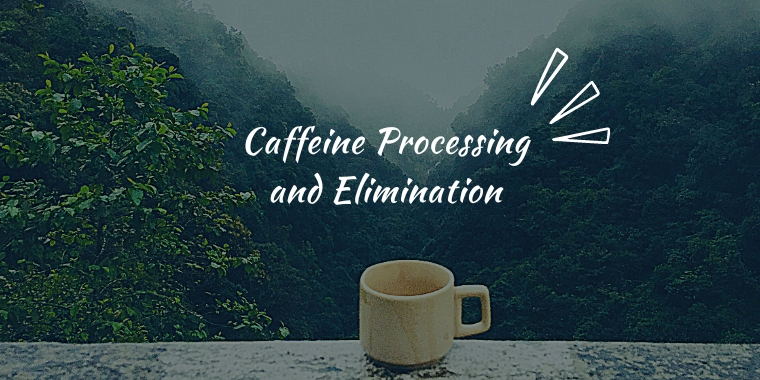
Well, hold on to your mugs, because we’re about to take a wild ride through your digestive system.
First up, caffeine hits your stomach and small intestine like a freight train, quickly making its way into your bloodstream.
From there, it heads straight to the liver, where it’s broken down by a team of enzymes with names that sound like they belong in a sci-fi movie: cytochrome P450.
These enzymes work hard to turn caffeine into byproducts like paraxanthine, theobromine, and theophylline. They sound like they could be ingredients in a spell or potion. But instead of magic, they’re just compounds that can be eliminated from your body.
And how does your body say goodbye to these magical compounds? By filtering them through your kidneys and saying farewell in your urine. Yep, that’s right, that caffeine you just consumed will eventually end up in the toilet.
So go ahead, and enjoy your daily dose of liquid sunshine, but don’t forget to thank your body for all its hard work in processing and eliminating that caffeine.
Summary
Caffeine quickly makes its way into your bloodstream through your stomach and small intestine. Then travels to your liver where it’s broken down into byproducts. These byproducts are easily eliminated from your body through your kidneys and excreted in the urine.
5 Factors That Can Impact How Long Caffeine Stays On Your Body

There are several factors that can impact how long caffeine stays in the body. These are the most important ones from my perspective:
Factor 1: Dosage
Firstly, the dosage of caffeine consumed can affect how long it stays in your system. Larger doses of caffeine can take longer to be metabolized and eliminated by the body, meaning that the effects can last longer.
This is why specialty drinks or multiple espresso shots consumed over a short period of time can lead to prolonged effects and higher levels of caffeine in the bloodstream.
Factor 2: Frequency of consumption
Secondly, According to Healthline, if you’re a regular caffeine fiend, your body may build up a tolerance to its effects. This means you may need more caffeine to get the same buzz, and it could take longer to flush it out of your system.
On the flip side, occasional sippers may be more sensitive to caffeine and feel the effects for longer.
Factor 3: Individual factors
The absorption of caffeine from food and beverages doesn’t appear to be affected by factors such as age, or gender. However, the rate of caffeine metabolism and breakdown may vary among individuals due to both environmental and genetic influences.
Factor 4: Caffeine sensitivity
Caffeine sensitivity refers to an individual’s unique reaction to caffeine consumption.
Some people are more sensitive to caffeine than others, meaning that they may experience stronger or longer-lasting effects from caffeine consumption, even in small doses.
According to VeryWellHealth people with caffeine sensitivity may experience symptoms such as:
- jitteriness,
- anxiety,
- rapid heartbeat,
- insomnia
after consuming even small amounts of caffeine.
Factor 5: Other drugs
The way your body metabolizes caffeine can be affected by the substances you consume. For instance, hormonal birth control can slow down caffeine metabolism, while regular smokers have a shorter caffeine half-life.
It’s important to check how caffeine interacts with any prescription drugs or other substances you take.
Summary
The duration of caffeine in the body can be influenced by various factors such as dosage and frequency of consumption.
It may as well depend on individual factors such as caffeine sensitivity and genetic influences.
Some individuals may be experiencing stronger and longer-lasting effects from caffeine consumption, even in small doses.
How To Manage Caffeine Intake?
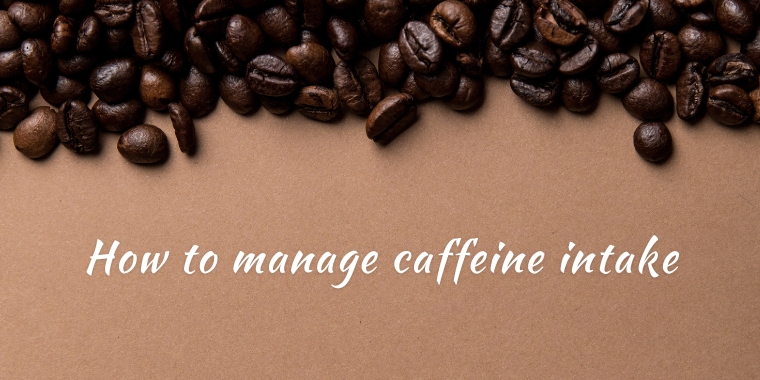
Here are some tips for managing caffeine intake:
- Know how much caffeine you are consuming: Be aware of the caffeine content of the beverages and foods you consume and track your daily caffeine intake.
- Avoid caffeine in the afternoon and evening: Avoid consuming caffeine in the afternoon and evening to prevent disruption of your sleep.
- Stay hydrated: Drink plenty of water and other hydrating fluids to avoid dehydration caused by caffeine.
- Consider alternative beverages: Consider alternative beverages that are lower in caffeine. Examples may include herbal tea, decaffeinated coffee or tea, or water with lemon.
- Know your own sensitivity: Pay attention to how your body reacts to caffeine and adjust your intake accordingly.
- Take breaks: Take regular breaks from caffeine consumption to prevent building up a tolerance to its effects.
Is There a Way to Get Rid of The Caffeine Faster?
People often think that drinking more water, exercising, or eating foods rich in antioxidants can help drop caffeine faster. But it’s not true.
But waiting is the best way to reduce caffeine’s effects. The caffeine will eventually be metabolized and eliminated from the body on its own.
My final thoughts
Do you ever wonder why your heart races and your mind buzz after that first sip of espresso in the morning? Well, it turns out that caffeine is like a tiny army marching through your bloodstream, and it takes about 8-10 hours for them to pack up and leave your body.
But, if you’re like most people, you’re probably not just stopping at one shot of espresso. And the more you consume, the longer caffeine is going to be camping out in your system.
Factors like dosage, frequency of consumption, and individual sensitivity can all impact how long caffeine sticks around. So it’s important to manage your intake wisely.
To avoid feeling like a jittery mess all day long, try:
- setting a caffeine limit,
- avoiding afternoon and evening consumption,
- staying hydrated,
- and even considering alternative beverages.
And sorry to burst your bubble, but there’s no magic trick to getting rid of caffeine faster. So, sit back, relax, and let your body do its thing.

